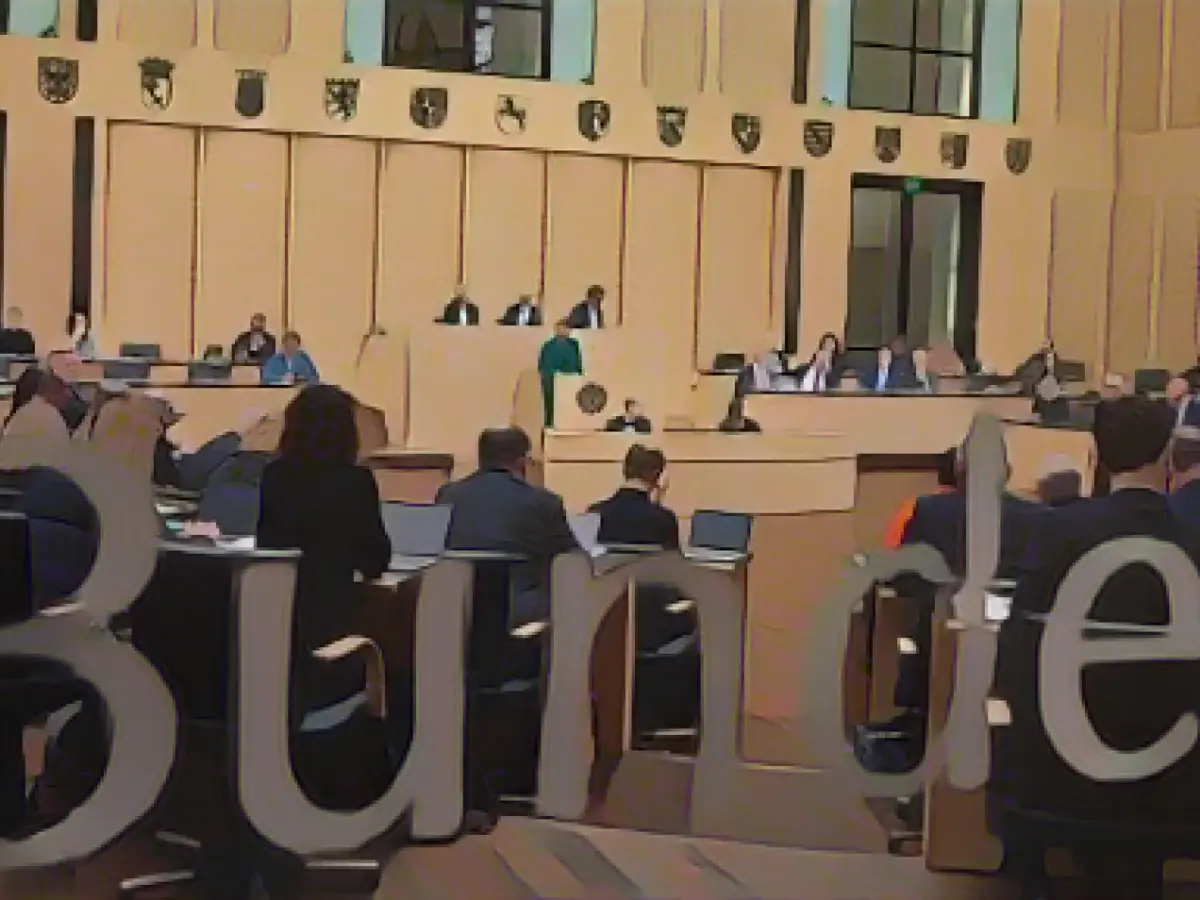New Year, New Perspective on Debt Brake Reform in Bremen
In the spirit of a fresh start for the New Year, Bremen's SPD politician Andreas Bovenschulte is advocating for a revision of the debt brake. He believes that the current system makes long-term investments difficult and nonsensical. Bovenschulte called for a more flexible approach to financing that would allow for investments with substantial lifespans without setting them back with immediate financing constraints.
The debate on the debt brake has gained traction in German politics since authorizing temporary suspensions during natural disasters and extraordinary emergencies. Bremen's head of government is one of the voices pushing for a comprehensive reform, recognizing the limitations imposed by the current rule.
Bovenschulte's proposed solution to the issue is an increased focus on progressive taxation targeting wealth and high incomes, particularly during difficult times. He believes that those with more substantial means should bear a greater share of the burden during economic challenges, making it possible to finance essential public projects and investments.
The FDP, on the other hand, has been more reserved on the matter, opting for caution in advocating for changes to the debt brake. The SPD and Greens, however, are pushing for comprehensive reform to enhance financial planning and investment capabilities.
But there's more to the story. The debt brake rule calls for a balanced budget without borrowing, except in emergency situations such as natural disasters or economic crises. It allows for a structural deficit of up to 0.35% of GDP for the federal government and requires regional states to maintain fully balanced budgets.
Reshaping the debate, various proposals have emerged: temporary suspensions based on constitutional exemptions or carve-outs for specific expenditure envelopes, requiring different votes in parliament and presenting their own legal risks and feasibilities. As political debate continues, various parties are advocating for their preferred approaches to reform, with the SPD and Greens pushing for increased flexibility and the CDU/CSU emphasizing budgetary discipline and reduced social expenditure.
Bonus Insights:
- Progressive taxation is a concept that requires higher-income individuals to pay a greater percentage of their income in taxes compared to lower-income individuals, contributing to income redistribution.
- The debt brake was introduced in 2009 as part of a broader German budgetary policy aimed at reducing the national debt and fostering financial responsibility.
In conclusion, Bremen's SPD politician Andreas Bovenschulte is calling for the reform of the debt brake, recognizing the need for a more flexible approach to financing long-term investments. With progressive taxation as a proposed solution, Bovenschulte is advocating for change while balanced against political realities and the legal intricacies of the debt brake rule. As the German political landscape debates the issue, various parties seek to find the right solution for the country's investment needs while considering fiscal responsibility and legal limitations.






